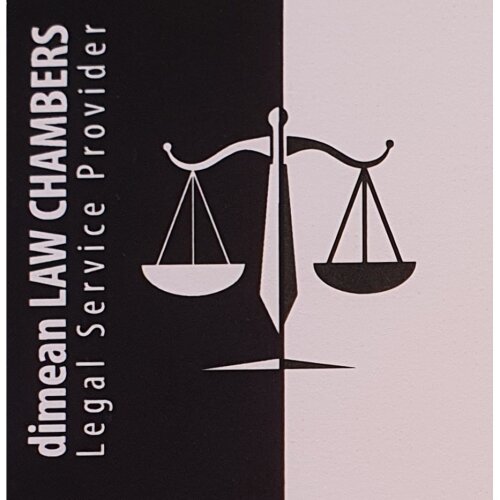Best Child Support Lawyers in Colombo
Share your needs with us, get contacted by law firms.
Free. Takes 2 min.
Free Guide to Hiring a Family Lawyer
List of the best lawyers in Colombo, Sri Lanka
About Child Support Law in Colombo, Sri Lanka
Child Support Law in Colobo, Sri Lanka, like in many other jurisdictions, is concerned with the financial obligations both parents have towards their child or children following a separation or divorce. The law is straightforward: both parents, regardless of marital status or biological connection, are obligated to financially support their children until they reach adulthood, usually the age of 18. The non-custodial parent typically pays child support to the custodial parent to assist with expenses related to raising the child.
Why You May Need a Lawyer
You may need a lawyer for several reasons related to child support. If you are the non-custodial parent, a lawyer can help you understand your rights and obligations, help you negotiate with the other parent, and represent you in court if necessary. If you are the custodial parent, a lawyer can help you establish child support orders, enforce existing orders, and advise you of any possible changes to your circumstances that could affect child support. A lawyer can also assist with paternity issues if the child's parents were not married when the child was born.
Local Laws Overview
The local laws dictate that the non-custodial parent is obligated to pay a certain amount of money monthly for the child's upkeep, education, and general welfare. The amount of child support is typically determined by the courts, taking into account several factors such as income of the parents, the needs of the child, and the standard of living the child would have enjoyed had the family remained intact. It is important to note that courts in Sri Lanka have jurisdiction over this matter, so if there's non-compliance by either party, penalties or legal consequences may be applied.
Frequently Asked Questions
1. How is the amount of child support determined?
The amount of child support is determined by a court, taking into consideration factors such as the child's needs, the income and assets of the parents, and the standard of living the child would have enjoyed had the family stayed together.
2. Until what age is a child entitled to support?
Under Sri Lankan law, a child is entitled to support until they reach the age of 18, unless the child has special needs, in which case, the support may be extended past this age.
3. Can the amount of child support be changed?
Yes, if there is a significant change in the circumstances of the party paying or receiving the child support, either party can petition the court for a modification of the child support order.
4. What happens if the non-custodial parent fails to pay child support?
If the non-custodial parent fails to pay child support, they can face penalties ranging from fines to imprisonment. The court may also garnish their wages or seize their assets.
5. Do I need a lawyer to establish child support?
While not strictly necessary, it's a good idea to consult with a lawyer when establishing child support. A lawyer can help ensure your rights are protected and can assist with the legal process.
Additional Resources
The Sri Lanka Legal Aid Commission is a valuable resource for anyone in need of legal advice or representation. They can provide free or low-cost legal services to those who qualify. Additionally, The Ministry of Women and Child Affairs oversees matters related to child rights and protection and can provide information and resources related to child support.
Next Steps
If you need legal assistance with child support, the first step is to reach out to a local family lawyer who specializes in child support matters. They can help guide you through the process, answer any questions you may have, and represent your interests in any negotiations or court proceedings.
Lawzana helps you find the best lawyers and law firms in Colombo through a curated and pre-screened list of qualified legal professionals. Our platform offers rankings and detailed profiles of attorneys and law firms, allowing you to compare based on practice areas, including Child Support, experience, and client feedback.
Each profile includes a description of the firm's areas of practice, client reviews, team members and partners, year of establishment, spoken languages, office locations, contact information, social media presence, and any published articles or resources. Most firms on our platform speak English and are experienced in both local and international legal matters.
Get a quote from top-rated law firms in Colombo, Sri Lanka — quickly, securely, and without unnecessary hassle.
Disclaimer:
The information provided on this page is for general informational purposes only and does not constitute legal advice. While we strive to ensure the accuracy and relevance of the content, legal information may change over time, and interpretations of the law can vary. You should always consult with a qualified legal professional for advice specific to your situation.
We disclaim all liability for actions taken or not taken based on the content of this page. If you believe any information is incorrect or outdated, please contact us, and we will review and update it where appropriate.














